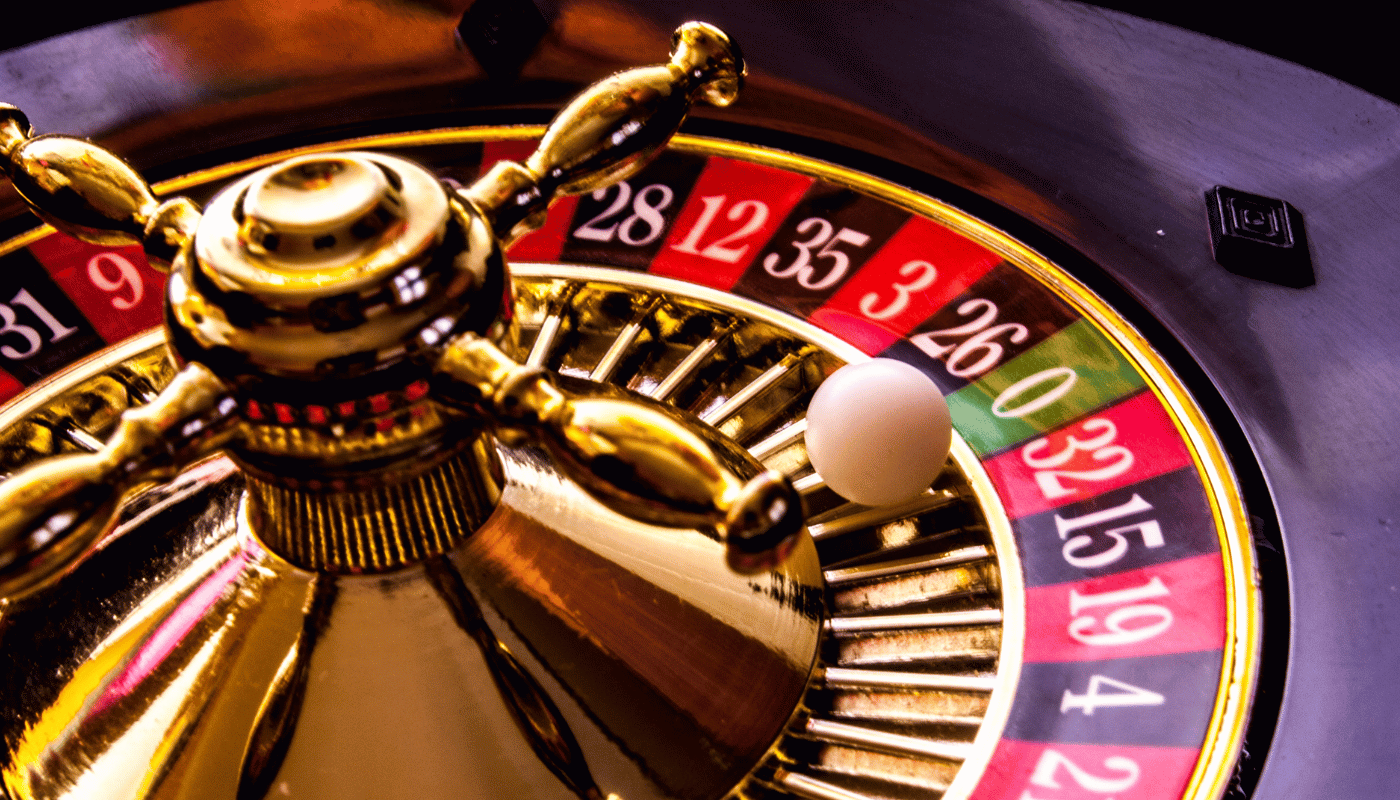Have you ever considered stepping into the world of casinos not as a player but as the one running the game? Becoming a casino dealer is a fascinating career path that offers the thrill of the gaming industry, interaction with people from all walks of life, and the potential for substantial earnings. This guide will walk you through the essential steps, skills, and qualifications needed to embark on this exciting journey. Let’s shuffle up and deal into the world of casino dealers!
Understanding Casino Dealer Basics
Becoming a casino dealer is an enticing career path for those interested in the gaming industry. It’s not just about dealing cards or spinning a roulette wheel; it involves a deep understanding of the games, exceptional customer service skills, and the ability to manage the financial transactions that occur at your table. Before diving into the specifics of how do I become a casino dealer, it’s crucial to grasp the foundational elements that make a successful dealer.
First and foremost, a casino dealer must have a thorough knowledge of the rules and strategies of the games they oversee. This not only includes traditional games like poker and blackjack but also less common games that might be found in certain casinos. In addition to game knowledge, dealers must possess strong mathematical skills to accurately calculate payouts and understand the odds of each game. These skills ensure that the games are conducted fairly and efficiently, maintaining the integrity of the casino.
Another essential aspect of being a casino dealer is the ability to interact positively with a wide array of personalities. Casinos are entertainment venues, and dealers play a significant role in creating an enjoyable atmosphere for guests. This means having excellent communication skills and the patience to deal with challenging situations. Being a dealer also requires a high level of attention to detail and the physical stamina to stand for long periods. Understanding these basics is the first step on the path to a rewarding career in this fast-paced industry.
| Requirement | Skill Set | Importance |
|---|---|---|
| Game Knowledge | Rules, strategies, odds | High |
| Mathematical Skills | Calculations, payouts | High |
| Communication | Interpersonal skills, patience | High |
| Attention to Detail | Accuracy, vigilance | Medium |
| Physical Stamina | Endurance, dexterity | Medium |
In the context of understanding the basics of becoming a casino dealer, it’s evident that the role is multifaceted, requiring a blend of technical skill, mental agility, and interpersonal finesse. For those pondering, “how do I become a casino dealer,” it’s essential to start with a solid foundation in these fundamental aspects of the job. This includes learning the ins and outs of casino operations, acquiring the necessary certifications, and, importantly, gaining experience in the field. By focusing on these areas, aspiring dealers can position themselves for a successful and fulfilling career in the casino industry.
Acquiring the Necessary Skills
Becoming a casino dealer requires a mix of soft skills, technical know-how, and formal education. First and foremost, aspiring dealers must have excellent customer service skills, as the job entails constant interaction with patrons. A friendly demeanor and the ability to handle stressful situations with grace are paramount. Secondly, dealers must possess strong manual dexterity and the ability to stand for long periods. Games such as blackjack, roulette, and poker require quick, precise movements and sometimes hours of standing without significant breaks.
Mathematical skills are also crucial for a casino dealer. Dealers must be able to perform quick mental calculations to determine payouts and collect bets. This requires a solid understanding of basic arithmetic and quick thinking. Additionally, a thorough knowledge of the game rules is essential. Many casinos offer in-house training programs, but attending a gaming school can provide a competitive edge. These programs typically cover game rules, operations, and the legal aspects of gambling. Some regions require dealers to obtain a license, which involves a background check and a fee.
Finally, it’s important for aspiring dealers to understand that success in this field is also about building a reputation. Being reliable, trustworthy, and able to conduct games efficiently can lead to opportunities in more prestigious casinos or higher-stakes games. Networking within the industry and continuous learning about new games and gambling regulations can further enhance a dealer’s career prospects.
Key Skill Sets for Aspiring Casino Dealers
| Skill | Description | Importance |
|---|---|---|
| Customer Service | Ability to interact positively with casino patrons. | High |
| Mathematics | Quick and accurate calculation of bets and payouts. | High |
| Manual Dexterity | Efficient handling of cards, chips, and other game elements. | Medium |
| Game Knowledge | Comprehensive understanding of game rules and operations. | High |
| Professionalism | Reliability, trustworthiness, and adherence to casino policies. | High |
Completing Dealer Training Programs
Becoming a proficient casino dealer requires a combination of skill, dedication, and the right training. Dealer training programs are designed to equip aspiring casino professionals with the knowledge and techniques necessary to manage casino games effectively. These programs cover a wide range of topics, including game rules, handling chips, card shuffling, and managing table dynamics. Moreover, they emphasize the importance of customer service, ensuring that dealers understand how to provide an enjoyable gaming experience for all players.
Enrolling in a reputable dealer training program is the first step towards a successful career in the casino industry. These programs can vary in length, typically ranging from several weeks to a few months, depending on the complexity of the games covered and the depth of training provided. Graduates of these programs often receive a certification, which can significantly enhance their employment prospects in casinos worldwide. Additionally, many casinos require completion of a training program as a prerequisite for employment, making it an essential step for those aspiring to become professional dealers.
It is also worthwhile to note that some casinos offer in-house training programs for new employees. These programs are tailored to the specific needs of the casino and can be an excellent opportunity for individuals to learn directly from experienced professionals in a real-world setting. However, whether through an external training program or an in-house opportunity, acquiring the skills and knowledge to become a proficient dealer is fundamental to succeeding in this dynamic and exciting profession.
| Program Type | Duration | Key Components |
|---|---|---|
| Basic Dealer Training | 4-8 Weeks | Game Rules, Chip Handling, Card Shuffling |
| Advanced Dealer Training | 2-3 Months | Complex Game Management, Advanced Betting Techniques, Customer Service |
| In-House Casino Training | Varies | Specific Game Rules, Casino Procedures, Real-World Application |
| Online Dealer Training | Self-Paced | Flexibility, Wide Range of Games, Convenience |
| Specialized Game Training | 1-2 Months | Expertise in Specific Games (e.g., Poker, Blackjack) |
Obtaining a Gaming License
Becoming a casino dealer requires not only skill and enthusiasm but also a valid gaming license. This credential is essential for ensuring that all dealers operate within the legal framework of casino gaming. The process of obtaining a gaming license can vary depending on the jurisdiction, but it generally involves a series of steps that must be meticulously followed. Initially, prospective dealers must fill out an application form provided by the relevant gaming control board. This form requires detailed personal information, employment history, and sometimes, a clean criminal record.
Following the application, candidates are typically required to undergo a background check and a drug test. These checks are designed to ensure the integrity and trustworthiness of individuals entering the field. In some cases, applicants might also need to attend and pass a training course at a recognized dealer school, which provides them with the necessary skills and knowledge related to casino games and customer service.
Once these steps are successfully completed, the applicant can pay the licensing fee, which varies by location and type of games they will be dealing. After processing, if all criteria are met, the gaming license will be issued. It’s important to note that licenses are not permanent and must be renewed periodically, with the renewal process often requiring a smaller fee and a less intensive review than the initial application.
| Step | Description | Requirement |
|---|---|---|
| 1 | Fill out application form | Detailed personal and employment history |
| 2 | Background check and drug test | Clean criminal record, no drug use |
| 3 | Attend dealer school (if required) | Pass all courses |
| 4 | Pay licensing fee | Varies by location/game type |
| 5 | License issued | Meet all above criteria |
In addition to the procedural steps for obtaining a gaming license, candidates should be aware of the importance of maintaining a clean record both within and outside the casino environment. The gaming industry places a high value on integrity and honesty, and any infractions can lead to the revocation of a gaming license. Therefore, continuous adherence to legal and ethical standards is crucial for a successful career as a casino dealer.
Advancing Your Career as a Dealer
Once you’ve entered the world of casino dealing, the journey doesn’t end with mastering the initial skills and landing your first job. Advancement in this career requires a combination of skill enhancement, professional development, and strategic career moves. Firstly, consider specializing in games that are in high demand or offer higher tips, such as poker or baccarat. Excelling in these areas can not only increase your income but also make you more valuable to your employer.
Becoming a pit boss or a casino floor manager is a common goal for many dealers. To achieve this, you’ll need to demonstrate leadership qualities, a deep understanding of casino operations, and the ability to handle customer issues effectively. Gaining additional certifications and attending industry conferences can also boost your resume, making you stand out in the competitive field.
Networking is another crucial element for career advancement. Building relationships with colleagues, joining professional associations, and connecting with mentors can open up opportunities for promotions and career growth. Remember, in the casino industry, your reputation and skill set are your most valuable assets. Being known for your professionalism, reliability, and expertise can propel your career to new heights.
Further Insights into Advancing Your Career as a Dealer
Delving deeper into the nuances of career progression, it’s essential to understand the importance of adaptability and continuous learning. The casino and gambling industry is ever-evolving, with new games and technologies emerging regularly. Staying abreast of these changes, whether through formal education or self-directed learning, can significantly enhance your career prospects.
Key Strategies for Career Development
Developing a career in the casino industry goes beyond the tables and slot machines. It involves a strategic approach to personal and professional growth. Here are some actionable steps:
- Master new games and betting technologies to stay relevant.
- Seek feedback and mentorship to refine your skills and approach.
- Attend industry conferences and workshops for networking and knowledge.
- Pursue formal qualifications in hospitality or business management.
- Showcase leadership by taking initiative and mentoring new dealers.
In conclusion, advancing your career as a casino dealer is a multifaceted process that encompasses skill development, professional networking, and continuous education. By focusing on these areas, you can navigate your path towards more rewarding positions within the casino industry. Remember, success in this field is not just about dealing cards or managing games; it’s about creating a memorable experience for guests while continuously striving for personal and professional growth.

Seasoned writer and casino expert with over eight years of experience in the gambling industry. Specializing in online casino reviews, game strategies, and industry trends, Nathan provides in-depth insights that help players make smart decisions. His work is known for its clarity and thoroughness, making complex topics accessible to both novice and experienced players.







